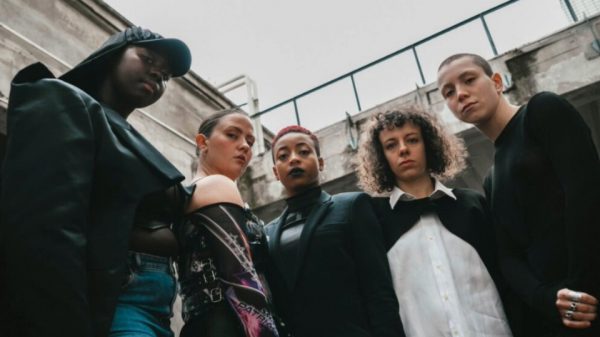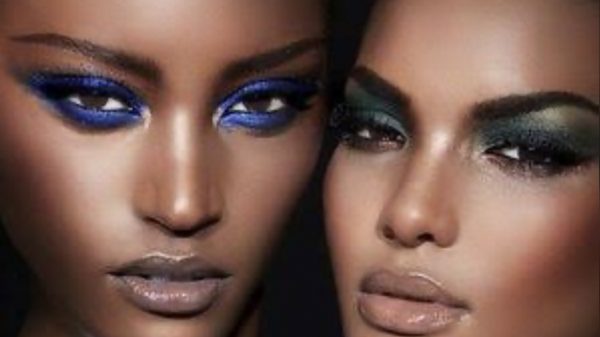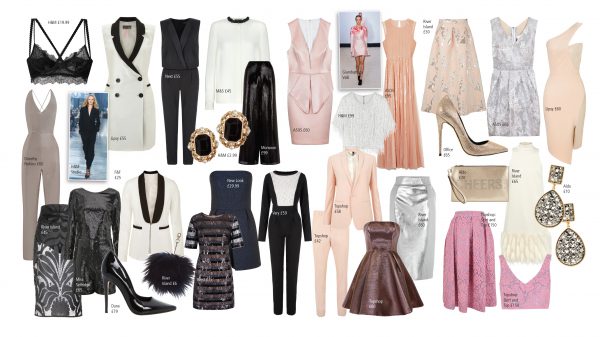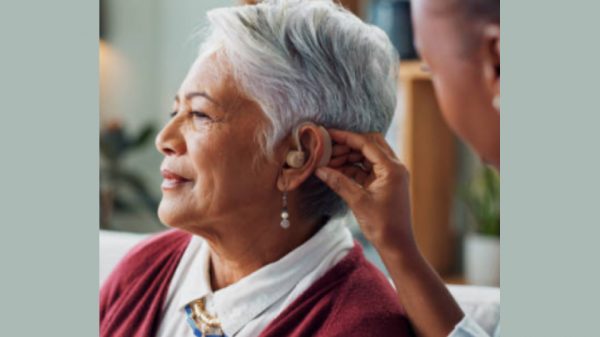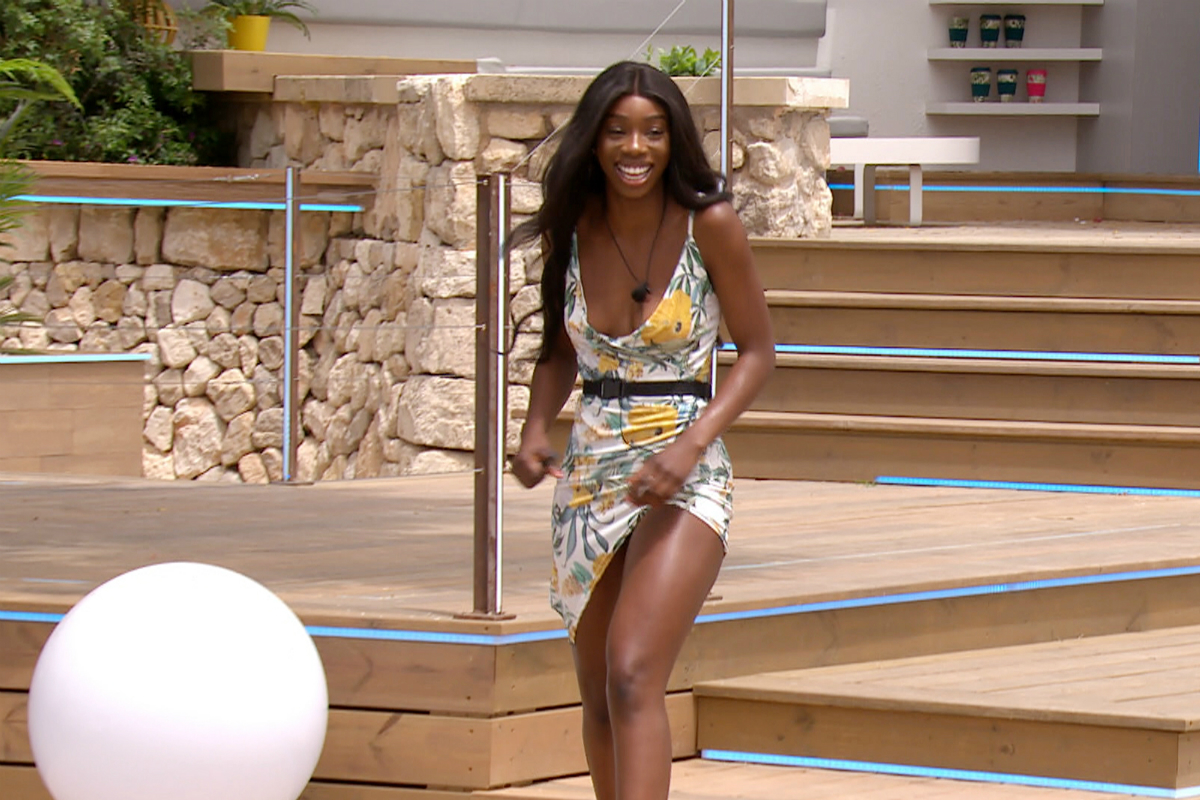The Nigerian-British singer is a songwriting sensation – and she’s ready to move past personal tragedy to make her own musical lane
Something that’s particularly inspiring in this new generation of Black British musical talent is the proud influences of their other heritages, making for a unique sound, wonderfully representative of Black Britain today. Melisa Whiskey is one example of an artist who wears her Nigerian heritage on her sleeve, and places it at the heart of what she creates. Where her music ranges from soulful R&B sounds to more of a dance-pop theme, she often infuses Afrobeats effects, as well as from her top four musical inspirations: Lauryn Hill, Fela Kuti, Bob Marley and Skepta.
Her most recent track, ‘Bonjour’, has been a hit on urban radio stations and is still making the rounds on party playlists. With more music on the way later this year, including new track ‘Ajeh’ due later this Summer, the future is looking bright for the Hackney-born artist.
Having spent a lot of the last year working on her music in Nigeria, Melisa’s connection with her mother country is strong – however, a tragic incident earlier this year threatened to taint this. Her mother, Abimbola Olusola, was found dead at the hotel she owned, near Lagos, in January, along with the hotel manager in an act described by local police as murder in a robbery plot. However, she hasn’t let these events sour her love for Nigeria, nor her determination to keep going and make her mark on the British music scene. She tells us about her musical process, her coping mechanisms, and more…
Melisa, congratulations on the success of Bonjour, people are really liking it! Can you tell us a little bit about the process of making the song?
Melisa Whiskey: I wrote that in Nigeria with E-Kelly [afrobeats producer for artists such as Mr Eazi]. ‘Bonjour’ simply came out of a conversation in the studio, talking about the vibe of when you’re going out – how things can be a bit superficial sometimes, as well as thinking about if you like someone, you like them, there’s nothing else that matters, just the connection. It’s a playful take on that.
What differences do you notice in yourself as an artist since your first EP in 2017?
MW: A lot of growth; definitely growth. When I first did my first EP, I was just figuring out who I was, what I was trying to say – whereas now I’ve really found myself musically, and I’ve found my feet – and I know where I want to be. I’m in a place now where I’m preparing the foundations of a second EP and an album, and I have a real idea of how I want to be seen by the world – someone who has Nigerian roots, born and raised in the UK, and fusing that Britishness with that authentic Nigerian vibe. I’m merging the two, and also bringing a little bit of R&B flavour into it. I’m making my own lane.
Is there one particular moment when you can remember deciding to pursue music properly?
MW: I was always singing growing up, since I was about 10. When I went to uni, I was doing open mic nights, because that was a great way of meeting people. I connected with some producers, and then I started getting radio play on platforms like BBC Introducing. I think the moment that made me want to do music full-time was when I got a publishing deal as a songwriter, about five years ago, and that just happened off the back of demos. I didn’t release any music; it was literally a case of my music falling into the right hands. And that kind of made me see that, okay, maybe I can do this as a career.
Of course, you went through something unimaginably sad earlier this year, losing your mum in such a shocking way. However, you’ve said that you haven’t let this tragedy taint the way you feel about Nigeria – can you say any more on that?
MW: Initially, I kind of blamed everything and everyone for what happened. But I came to an understanding that it’s a lot more spiritual than meets the eye. Everyone has their time; everything is written. At the time, in the UK, in January and February, the news was full of the murders of young people – like one a week, or a day, and it’s still happening. I realised then, that when it’s someone’s time, it’s someone’s time. It was definitely unfair, it was definitely wrong… but people die in the UK every day. If Nigeria was the worst country on earth, why are people dying in the UK? There are horrible people everywhere and when it’s your time, it’s your time. Obviously, I miss my mum a lot, but I have to be there for my siblings – my brother’s 12 years old, for instance. I can’t live in that space; I have to live in the present day and cherish each day as it comes. Right now, my coping mechanism is just to carry on.
As a UK based Black woman in music, what’s your perspective on the idea of it being harder for Black women to ‘make it’ in the industry?
MW: The thing about it is that it’s harder for women, period, irrespective of race, because of the fact that sometimes, people don’t take women seriously – so it means it’s even worse for Black women, you know? But just by going with the statistics – how many Black girls have had number one albums? How many Black girls have sold out the O2 Arena? I think it’s because the industry doesn’t normally see Black women as stars. If you look at some female artists, who aren’t of colour, it’s much easier for them to be seen as stars, without much persuasion. As a Black woman, you have to redesign the Mona Lisa before anyone takes you seriously. It’s not like you can’t make it – you can, but the threshold is higher for Black women. I do always like to encourage young Black women to think they can do it; you shouldn’t think you can’t, just because it’s gonna be difficult.
What keeps you from getting disheartened in the face of these kind of statements?
MW: Things that stop me getting disheartened is like what I’m doing right now: an interview with you, someone who wants to hear what I’m doing. My fans, that’s inspiring. More than anything, I’m running off passion. I’ve seen what a lot of the boys are doing in the scene: I see what Davido, and Wizkid are doing, Yemi Alade…why can’t I do it too? It’s possible, you just have to work, and try not to let frustration let you down. My mum’s life really inspires me because she was one of the hardest-working women I’d ever met, and she never complained about anything. It’s all about perspective. I’m Nigerian, I was born and brought up in the UK, I have so many opportunities to get my music out – even 10 years ago, it wasn’t easy to be an independent artist. I don’t have to wait for a label to sign me – I can just make my music and put it out, and that’s a privilege. I always have that ‘glass half full’ mentality, and I think that’s what you need.
‘Bonjour’ is out now, with more music to come later this year. To keep up with all Melisa Whiskey is up to, follow her on Instagram: @melisawhiskey






